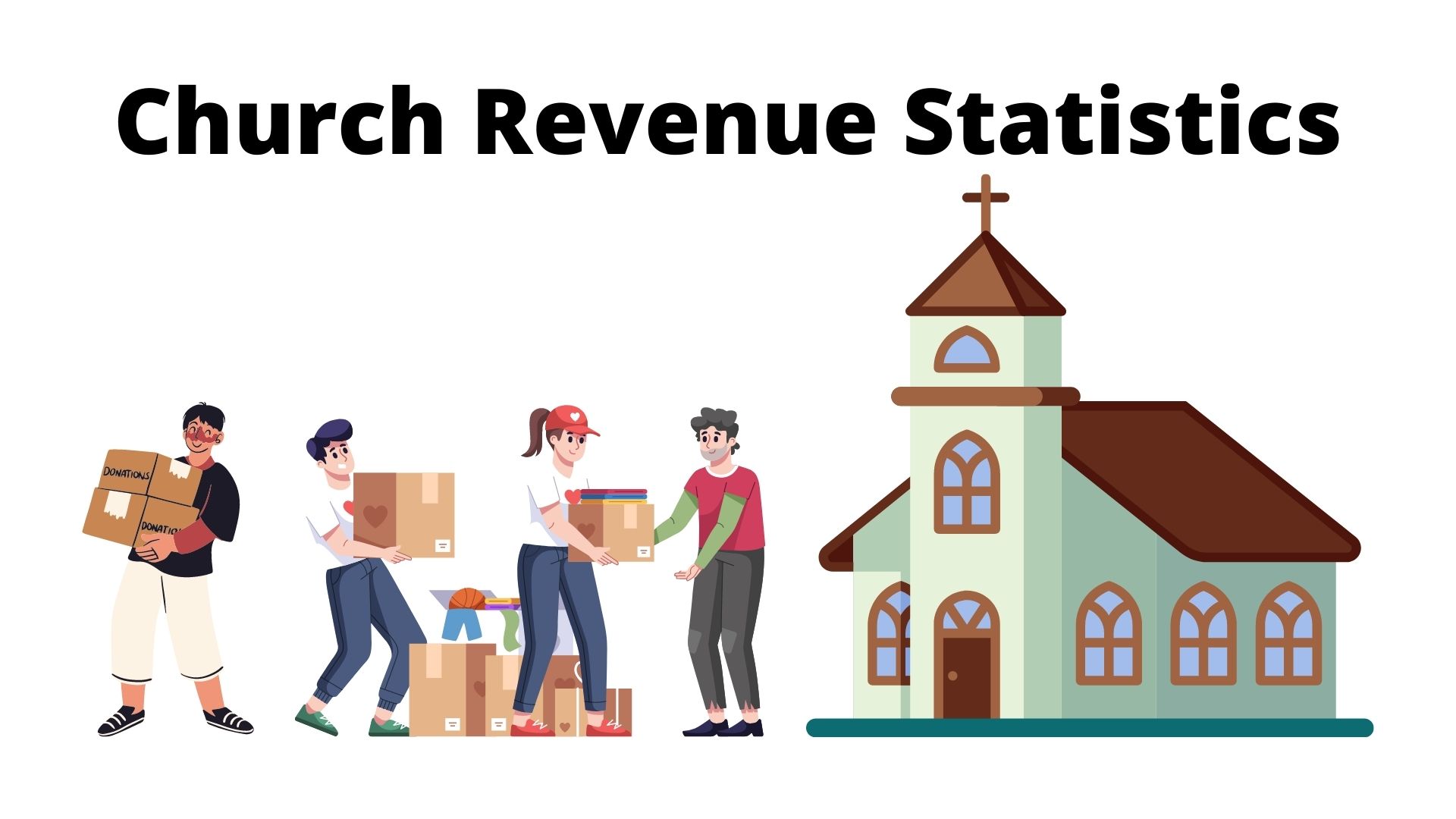Companies Try to Avoid Data Privacy Regs with Voluntary Effort
Attempting to stave off mandatory U.S. data privacy regulations, data collection companies have banded together to launch a project that will let consumers edit data about themselves or opt out of online data collection entirely.
The Better Advertising Project's Open Data Partnership, to launch next month, will let consumers “edit their information or opt out completely from any participating company's cookie,” the group said. Consumers will be able to gain access to and edit their information directly from an ad impression or publisher site that uses Better Advertising's Assurance Platform without the need to visit each company site individually. An advertising icon of a lowercase “i” in a triangle will direct users to more information about online data collection.
“Better Advertising's Open Data Partnership is exactly the kind of initiative that will enable us to remain self-regulated as an industry,” Mike Zaneis, senior vice president and general counsel for the Interactive Advertising Bureau (IAB), said in a statement.
Initial participants in the partnership include 33Across, Bizo, BlueKai, Demdex, eXelate, Lotame, SafeCount and Turn. The companies say they don't traffic in personally identifiable information (PII), and no PII will be accessible as part of the program.
The Open Data Partnership companies will give Better Advertising access to the information they collect and maintain about how each unique consumer browser is identified within their systems. This will include whether or not an active targeting or opt-out cookie is present on that particular web browser and what information, if any, has been collected. Better Advertising, which powers the Digital Advertising Alliance's advertising self-regulatory program, will make the data available to consumers through its Assurance Platform, but will not collect or use any of the data.
The partnership announcement came just days after a U.S. Federal Trade Commission report appealed to industry to develop a “do-not-track” registry for consumers who want to opt out of online behavioral tracking and Congress began debating whether national online privacy legislation is necessary.
While the Open Data Partnership is a start, there are scores of online tracking and major internet companies that have yet to sign on to the effort.
A partnership spokesperson said Google and Yahoo “have been in touch” with the group, but referred eCRM Guide to the companies for further comment.
A Yahoo spokesperson outlined the company's own efforts at data privacy and added, “we have worked with many players in the ad ecosystem through our mutual self-regulatory groups, including Better Advertising, and are hopeful many compliant solutions will emerge to give publishers, advertisers, agencies, and ad networks choices to select those that work the best for them, keep competition alive, and result in offering consumers the absolute best possible transparency and choice tools available.”
Google likewise cited its online privacy efforts.
The issue of data privacy also came up on an International Institute for Analytics conference call last week that outlined business analytics predictions for the year ahead. Among the predictions was the seemingly obvious one that data privacy concerns won't be going away in the next year, but what was interesting about the discussion was that the participants favored voluntary measures in order to avoid stricter mandatory ones — which they said would give consumers the confidence to share more personal data with companies of their choosing.
“I think the absence of privacy legislation in the U.S. is actively constraining the availability of data for people to use in analytics because no one will tell anyone anything if they can avoid it precisely because they don't expect it to stay private with the person they gave it to,” said IIA faculty member James Taylor. “If they were more confident that they could tell company X things about themselves so that company X could serve them better and that only company X would ever use that data and it was protected for that one purpose, I think they would be more willing to share data with the companies that they want to get better interaction with.”
Bill Franks, chief analytics officer of Teradata's SAS program, agreed. “At the end of the day, whether it was a law or a simple agreement, if the customers trusted you'd use their data appropriately, you'd make more progress, and if companies continue not to, they'll continue to push for more rules, and the rules, as always, will be worse than what you could have implemented on yourself and made people happy,” he said.
Lotame CEO Andy Monfried said the Open Data Partnership could also ease consumer fears by letting them see the information that is compiled about them. “What we at Lotame and other companies in our space do with regard to data collection is so misunderstood, and is far more benign than some reports would have consumers think,” he said.

Paul Ferrill has been writing for over 15 years about computers and network technology. He holds a BS in Electrical Engineering as well as a MS in Electrical Engineering. He is a regular contributor to the computer trade press. He has a specialization in complex data analysis and storage. He has written hundreds of articles and two books for various outlets over the years. His articles have appeared in Enterprise Apps Today and InfoWorld, Network World, PC Magazine, Forbes, and many other publications.
